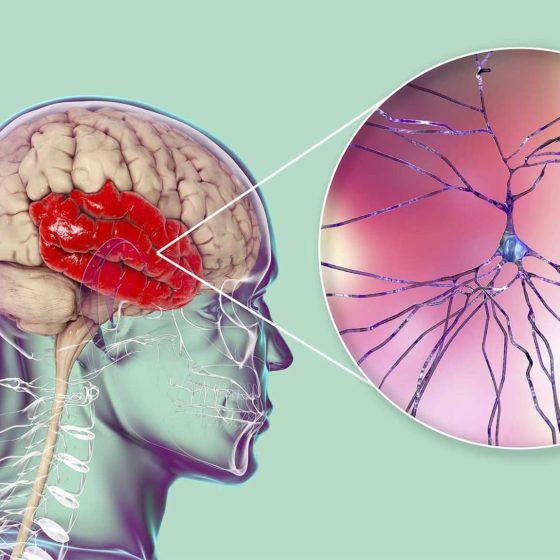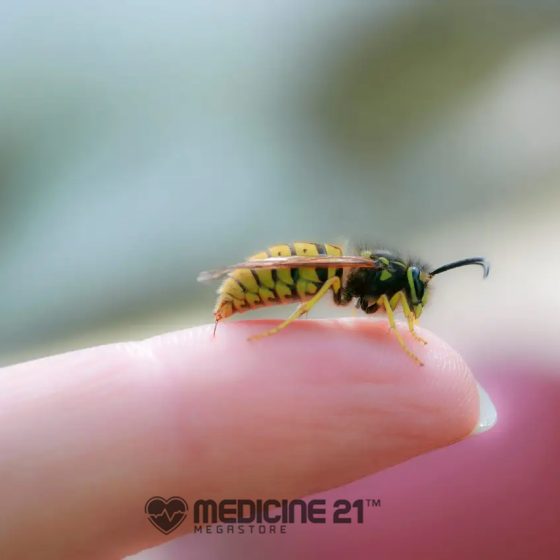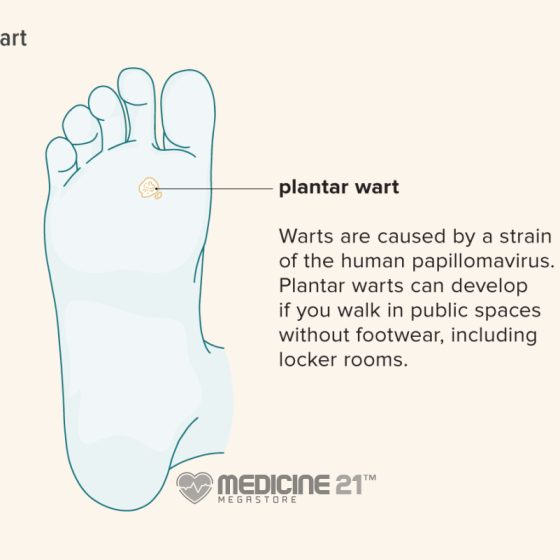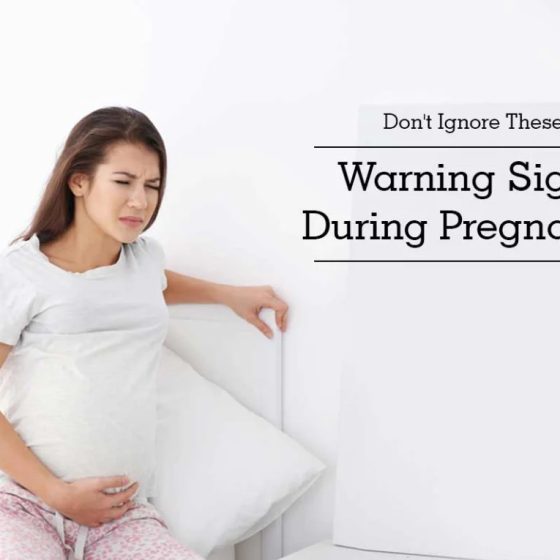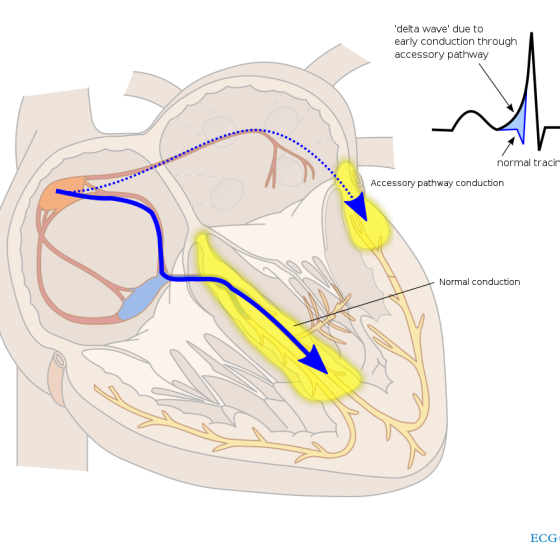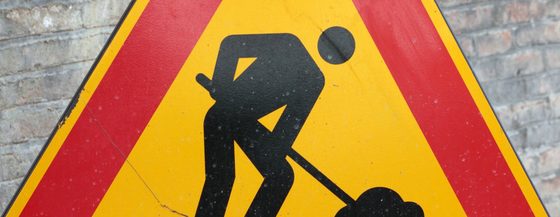Wounds
What are wounds, cuts and grazes? A wound is a break or damage to the skin surface. Minor wounds do not usually need medical attention and can usually be treated with first aid. What causes wounds, cuts and grazes? Wounds can be caused by something sudden, such as a cut, a fall or a bad knock. Cuts, grazes and lacerations are all examples of wounds. Cuts are usually caused by a sharp object like a knife or glass, or even a sheet of paper. Lacerations are a deep cut or tear of the skin – they usually have irregular jagged

